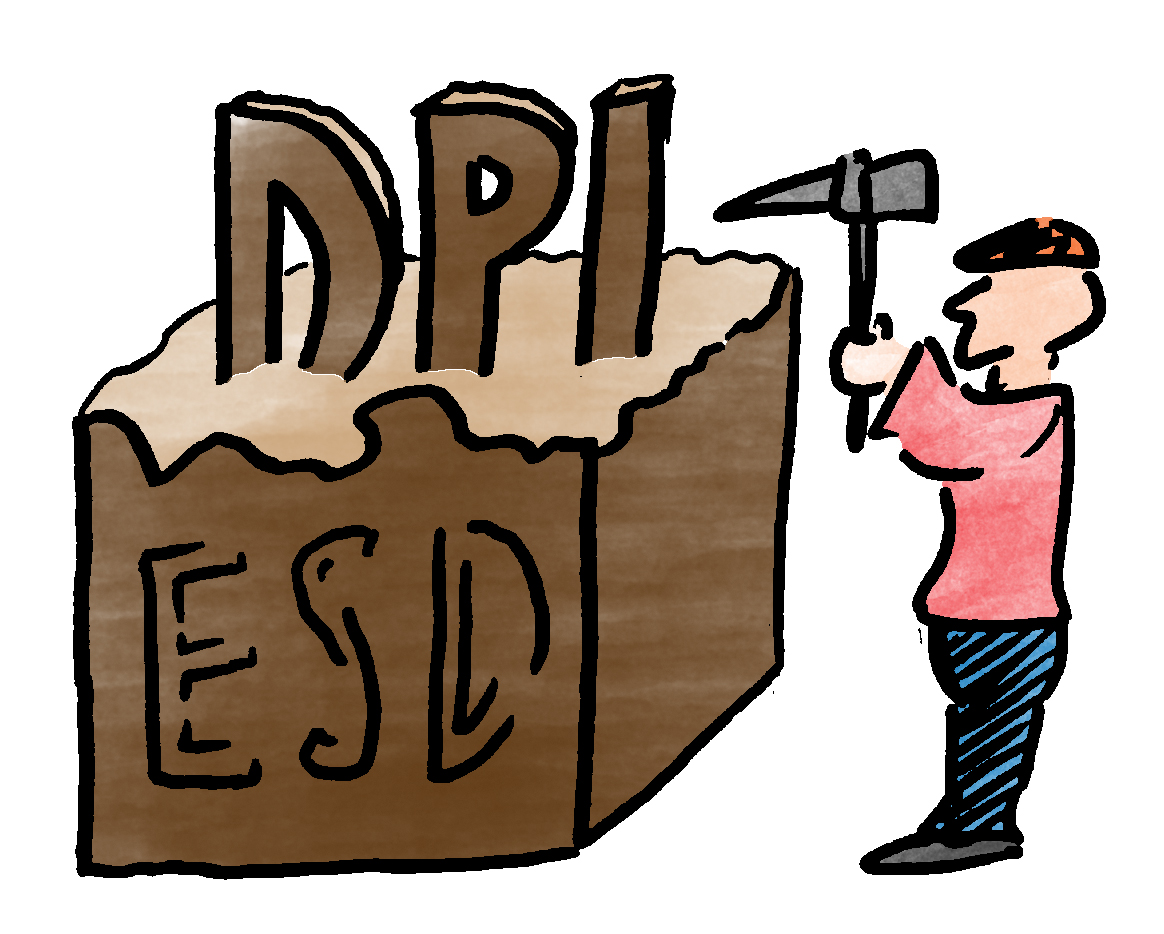On ‘ESD’, disability, and Bowdoin’s ‘From Here’ campaign
May 1, 2020
 This
piece represents the opinion of the author
.
This
piece represents the opinion of the author
.
 Alex Burns
Alex BurnsAuthor’s Note: While Bloniasz sits on the Curriculum and Educational Policy Committee, this article does not represent the opinion of the committee.
Bowdoin’s institutional priorities matter in that they clearly state who is important at this school, what constitutes serious scholarship and how funding will be spent. Most recently, priorities have rightly focused on the response to COVID-19—zeroing in on counseling in the wake of this pandemic, preparing assistance programs for students when they (hopefully) return to campus in the fall and providing Career Exploration and Development (CXD) workshops that aid seniors/alumni looking at the future. While Bowdoin and the rest of the world are going through a particularly devastating time with COVID-19, I want to speculate on one long-term innovation that could emerge post-coronavirus: the introduction of a new academic program. Such speculation comes from current discussions on Exploring Social Difference (ESD), Disability and Bowdoin’s “From Here” campaign.
To start, if you have been following the multi-year dialogue regarding Bowdoin’s flawed ESD requirement, you might have been excited by the newly proposed “Difference, Power, and Inequity” (DPI) curriculum change considered by the faculty in January. DPI, if approved, looks to sharpen the vague language of ESD and to push the distribution requirement beyond being merely a “diversity course.” Rather, it would allow students to confront their experiences of being in, and contributing to, complex social systems. In Assistant Professor of Sociology Theo Greene’s words, the requirement looks to be “broad enough … that students don’t necessarily feel [that the DPI is] a burden, but an opportunity to really gain insight on how to build a better world.”
DPI looks to solve many logistical problems—not only on the side of students but for faculty and administration, as well (e.g., course design and committee approval). Beyond what DPI immediately fixes, it could propel the introduction of a neglected academic field that I claim Bowdoin desperately needs: disability studies.
For many, disability studies might be unfamiliar because it is, pedagogically speaking, relatively new. The Society for Disability Studies defines its enterprise as sitting at the intersection of the humanities, social sciences and natural sciences. In short, they challenge the idea of disability as a “deficit” or “defect” and, rather, drive scholarship that “explore[s] models and theories that examine social, political, cultural, and economic factors that define disability and help determine personal and collective responses to difference.” Universities around the United States offer programs in this area, often anchored across Gender, Sexuality and Women’s Studies; Education; Sociology; Psychology/Neuroscience; Biology; History; Economics and beyond.
How could this be funded long-term, post-COVID-19? Bowdoin recently launched an exciting fundraising campaign called “From Here” that looks to raise $500 million centered around a handful of long-term priorities. Of that amount, $30 million “will create faculty chairs and endowed leadership positions, including five for existing faculty and five for new hires in areas of curricular priority.” In doing so, Bowdoin looks to “hone our curriculum for a changing world … in areas that include interdisciplinary scholarship.”Disability studies strikes at the core of both of those goals (i.e., focusing on a changing world/student population and engaging in interdisciplinary scholarship). Given the value of disability studies and given the prospect of adopting DPI sometime in the future, I claim we ought to seriously consider the development of this academic program.
Needless to say, I think making disability studies a priority has implications beyond producing scholarship and offering courses in this subject area. Yes, I think that it will better equip future engineers, teachers, doctors, lawyers, business leaders, researchers and more. But there’s more. The programs we offer send a cutting-edge message about who we want in Brunswick, about who we want to graduate from Bowdoin and who we want to declare that they are—indeed—“From Here.” Looking back on history, we see that the introduction of Africana Studies, Asian Studies, Latin American Studies, Middle Eastern and North African Studies, etc., have validated both scholarship and people. It says these pursuits matter to Bowdoin.
Given this, it’s clear that at least one population is strikingly invisible on campus: those living with disabilities. I grant you that creating a new program is great work, but we need to seriously consider the following question: Who is allowed to be “From Here”? To not address this issue is to make our answer, to ourselves and to the world, painfully clear.
Patrick Bloniasz is a member of the Class of 2022.

Comments
Before submitting a comment, please review our comment policy. Some key points from the policy: